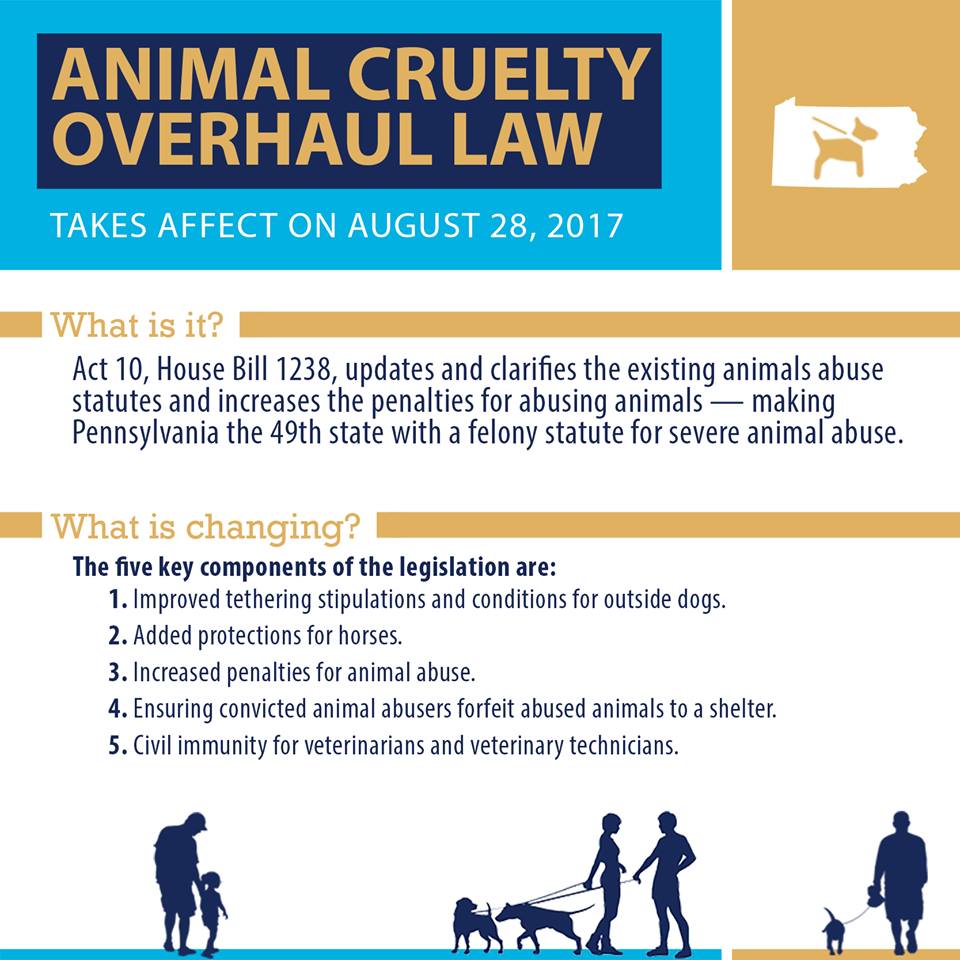Animal cruelty remains a daunting issue within communities across Pennsylvania. Countless animals endure suffering due to neglect, abuse, and other forms of mistreatment. Understanding how to report animal cruelty in Pennsylvania is crucial for those who witness such acts. The process encourages swift action and enables compassionate individuals to take a stand against inhumane practices. This article elucidates the steps to report animal cruelty, emphasizing the importance of anonymity and timely intervention.
Animal cruelty takes various forms, including physical abuse, neglect, hoarding, and abandonment. Each type poses a unique threat to the well-being of animals, creating an urgent need for awareness and vigilance. Physical abuse involves intentionally inflicting harm, while neglect often manifests as a failure to provide adequate food, water, shelter, or medical care. Hoarding, a psychological condition, leads individuals to accumulate an excessive number of animals without the means to care for them properly. Abandonment includes leaving an animal to fend for itself, often resulting in dire consequences.
Recognizing these signs of animal cruelty is the first step toward making a report. Observers should look for obvious indicators, such as visible injuries, malnutrition, extreme living conditions, or animals left unattended for extended periods. The visual evidence can prove invaluable when contacting authorities. It is often helpful to take photographs or videos while ensuring one’s own safety and the safety of the animal. Such documentation can serve as crucial evidence when the case is escalated.
When ready to report, individuals have several options in Pennsylvania. The first step is to contact local law enforcement or animal control. Most municipalities have specific departments dedicated to handling animal-related incidents. To build a strong case, provide comprehensive details, including the location, description of the animals involved, and a succinct account of the observed behavior. This meticulous approach can significantly expedite the investigation process.
In addition to local authorities, numerous organizations advocate for animal welfare throughout Pennsylvania. The Pennsylvania Society for the Prevention of Cruelty to Animals (PSPCA) plays a vital role in the fight against animal cruelty. The PSPCA offers a dedicated hotline for reporting abuse, ensuring that calls can be made anonymously. This anonymity encourages individuals to report without fear of reprisal, allowing greater community involvement in the protection of animals.
For those who prefer to take a more discreet approach, the ASPCA (American Society for the Prevention of Cruelty to Animals) provides detailed guidance on reporting cruelty in Pennsylvania. Their resources include a comprehensive map of local shelters and organizations, ensuring individuals can connect with appropriate offices easily. Through these platforms, reports can be made with a sense of security, allowing concerned citizens to maintain their privacy while engaging in necessary advocacy.
Whether reporting through local law enforcement or animal welfare organizations, it’s essential to be concise and informative. Clear communication can significantly impact the effectiveness of the response. This means detailing specific scenarios and conditions that prompted the report. While every situation is unique, providing context can help authorities understand the severity and urgency of the complaint.
Moreover, it is crucial to act swiftly. Delaying a report can lead to further suffering for the animal involved. Veterinary intervention, food provisions, and safe shelter can become increasingly challenging as time passes. Animals in distress require immediate attention, making it imperative to contact the appropriate entities as soon as possible. Prompt action not only serves the interests of the animal but also strengthens community ties and highlights a shared commitment to fighting cruelty.
As a community member, it is also essential to recognize the potential legal ramifications of reporting animal cruelty. Pennsylvania has implemented laws designed to punish offenders and protect animals. Under the Animal Cruelty Law, anyone found guilty of animal cruelty may face fines, imprisonment, or both. As such, it underscores the importance of adequately documenting evidence and relaying factual observations. Misreporting or fabricating claims can lead to unintended consequences, affecting both the animal’s welfare and the individuals involved in the reporting process.
Feeling empowered to report animal cruelty does not come without emotional weight. Witnessing an animal in distress can be heart-wrenching and unsettling. Individuals must find healthy coping mechanisms to manage their emotions through the process. Engaging with local animal advocacy groups creates a supportive network. These organizations provide crucial resources such as counseling for witnesses, volunteer opportunities, or information for those interested in fostering animals in need.
To summarize, the process of reporting animal cruelty in Pennsylvania is critical for protecting vulnerable beings that cannot speak for themselves. Every individual has a role to play, and their voices can amplify the need for justice and care. Observing, documenting, and reporting promptly and effectively are essential components of this responsibility. Whether you choose to contact local law enforcement or animal welfare organizations, take comfort in knowing that your actions can lead to positive change.
In conclusion, Pennsylvania is increasingly becoming a state that prioritizes animal protection. With the public’s awareness and engagement, communities can shift the tide against cruelty. There is strength in numbers, and each report contributes to a broader movement. Together, we can ensure that all creatures, great and small, receive the compassion they deserve.








